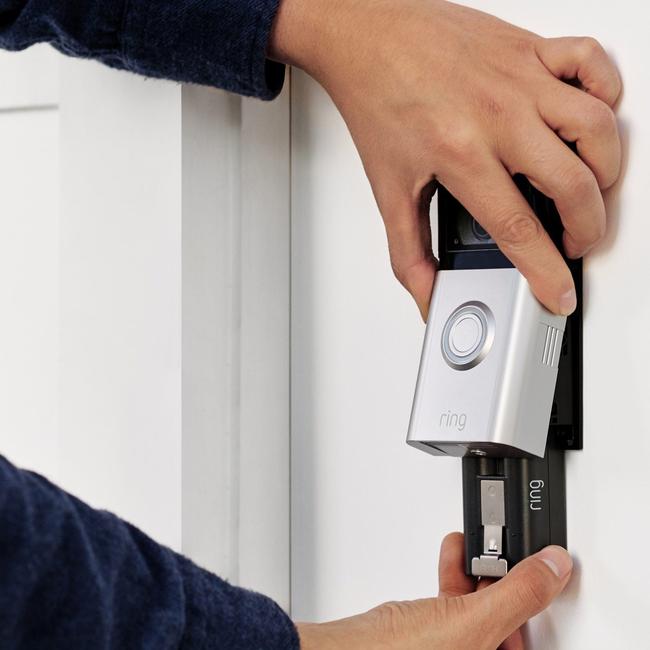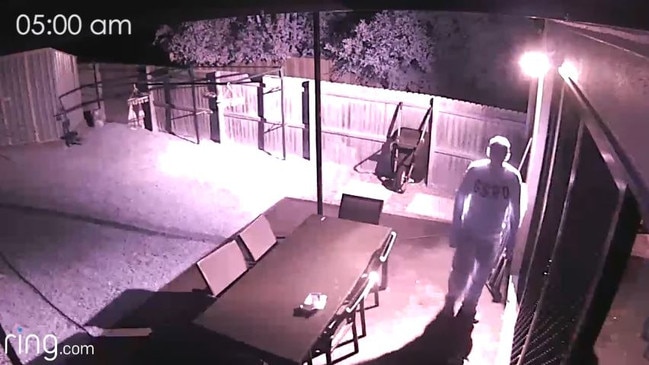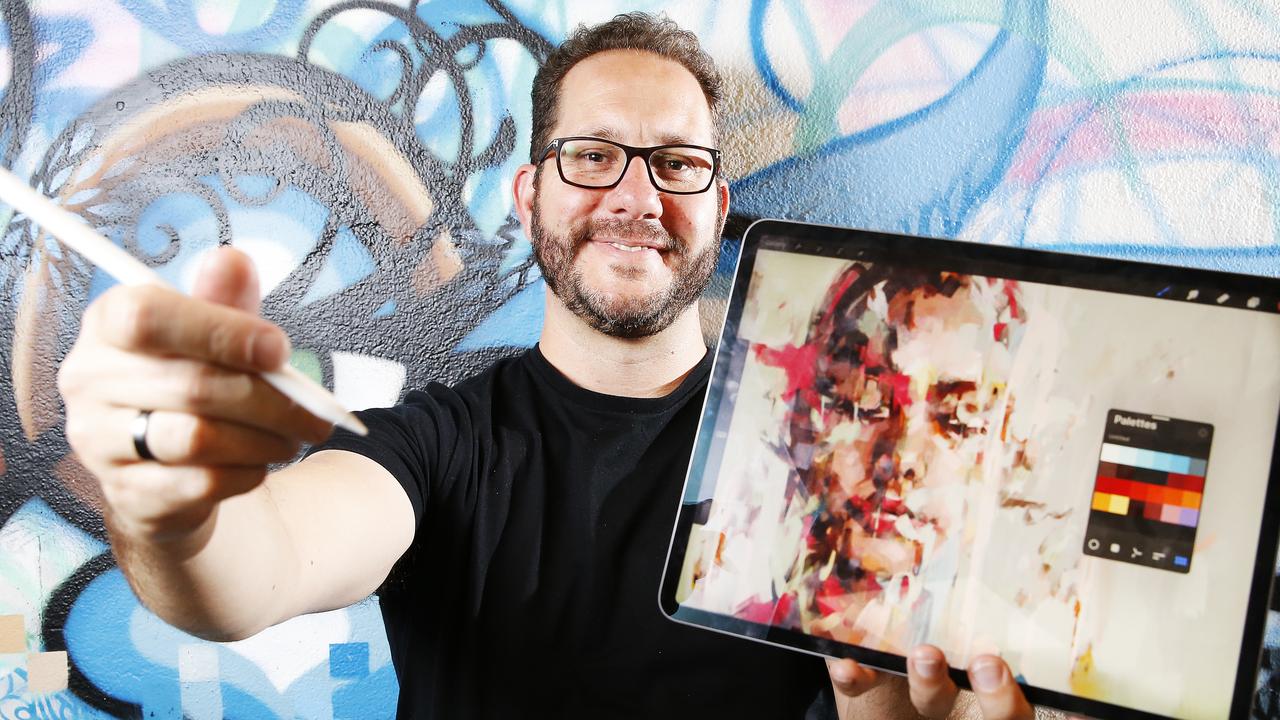‘Holiday heist’ threat to fuel $1.6bn security bonanza, with Australians spending on video security
Christmas is the most wonderful time of the year for thieves, with home break-ins spiking 21 per cent, prompting Australians to invest in extra protection.

Companies specialising in consumer security, such as Amazon’s Ring and Google Nest, are set to reap a bonanza of up to $1.6bn as Australians spend up to defend their homes against break-ins this Christmas.
Home insurers have warned of a spike in thefts this year, with a so-called “holiday heist” period fuelling a 21 per cent spike in home thefts, prompting people to take matters into their own hands to protect their belongings.
More than a quarter of Australians are set to travel this Christmas — as they enjoy a festive period free of pandemic restrictions — while about 19 per cent will be frequently attending social gatherings, leaving their homes unoccupied and creating a honey pot for thieves, according to new research from Amazon-owned video doorbell provider Ring.
The poll of more than 1000 Australians, conducted by Lonergan Research, revealed that 84 per cent were willing to invest in home security, with almost 30 per cent planning to spend $100 to $300 — or $530m to $1.6bn overall.
An additional 21 per cent said they were willing to spend “as much as it takes” to keep their home valuables safe, and 53 per cent said they had already added additional security measures such as video cameras and alarms to ward off thieves.

NRMA Insurance claims data reveals December is the month when most home thefts occur, with last year — the first Christmas free of pandemic restrictions — recording a 21 per cent spike.
In the past 12 months, NRMA Insurance received more than 2300 claims for home thefts, with bikes and house and car keys the most commonly stolen items during break-ins, closely followed by jewellery, money and mobile phones.
But thieves don’t have to physically break in to a home, with the December quarter the busiest three months for online shopping and doorstop parcel delivery, including Black Friday, Cyber Monday and other pre-Christmas sales.
Mark Fletcher, managing director of Ring in Australia, said: “We’re about to hit peak busy season, and the ability to keep a vigilant and watchful eye on our most prized irreplaceable possessions, pets, and loved ones will be tested.
“Coinciding with an influx of parcel deliveries as Aussies spend on gifts for their loved ones, and an uptick in home break-ins, two-thirds of which involve personal item theft according to the most recent Australian Bureau of Statistics data, the stakes around protecting our valuables this time of year are at their highest.”
Video doorbells — which can detect human and animal movement — are priced around $250, while wireless cameras cost slightly less.
Amazon Ring’s suite of products connect to each other — like Google’s Nest range — allowing homeowners to monitor their properties via a smartphone app from anywhere in the world. You can even create prerecorded greetings for when the doorbell is activated, such as “leave the package there”.

Astrophysicist and former star of The Bachelor Matt Agnew installed a Ring doorbell after he was the victim of a home break-in. For him a home security system was as much about protecting his dog Pluto as his material valuables, with animals often left traumatised following burglaries.
“With my social engagements and travel plans ramping up this time of year, I won’t leave anything to chance. Investing in an easy-to-install smart and connected security solution like Ring is one of the easiest commitments I’ve ever made – to my beloved Pluto, my DSLR camera with its amazing lens for taking long exposure astrophotography and my peace-of-mind,” Dr Agnew said.
According to the Ring poll, securing important documents, like passports and birth certificates, was the most important thing to protect when people were not home (58 per cent), followed by sentimental items (45 per cent) and pets (38 per cent).
The separate NRMA Insurance research revealed 41 per cent of Australians have not checked their home and contents insurance recently to ensure they’re adequately covered, highlighting the need to not only review policies but also increase security.
NRMA Insurance executive manager of claims Natalie Major said Christmas was a time when people tend to keep more valuables around the home such as presents for loved ones, attracting thieves.
“We see a surge in home burglaries over the summer holidays as more people are away from their homes travelling or visiting family and friends,” Ms Major said.
“If you’re away from your home during the summer holidays, remember to lock up your doors and windows, consider installing house alarms and security cameras, or have a friend, family member or neighbour look after your house.
“These simple security measures can significantly reduce the risk of break-ins and protect what matters most to you.”







